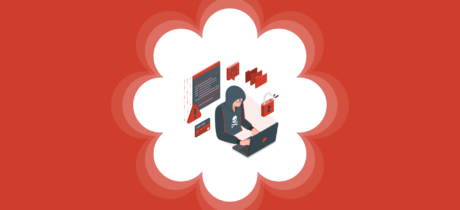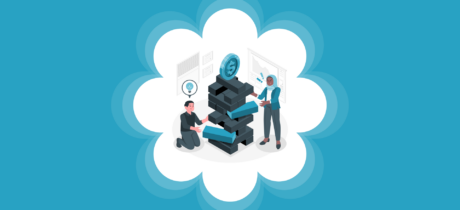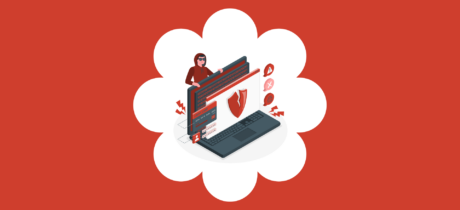
Are Plugin Updates Breaking Your WordPress Website? Here’s How to Avoid It
Table of Contents
WordPress offers unparalleled flexibility, with plugins playing a vital role in extending its capabilities. However, like all software, plugins need regular updates. These updates, although essential, can sometimes lead to unforeseen issues. Let’s dive deep into understanding this better and finding ways to ensure smooth updates.
Can updating WordPress plugins break my site?
Indeed, updating plugins can introduce challenges. Even though updates are meant to enhance functionality or patch vulnerabilities, they can occasionally:
- Cause compatibility issues with your WordPress version.
- Trigger conflicts between different plugins.
- Introduce new bugs.
- Change functionalities that might affect other aspects of your site.
How would you ensure plugin updates don’t break the site?
- Use a Staging Environment: Always test updates in a staging environment – a mirror of your live site. This allows you to check for potential problems without affecting the actual site.
- Backup Regularly: Before making any changes or updates, ensure you have a recent backup. If anything goes wrong, you can revert to a previous state.
- Read the Changelog: Plugin developers usually provide a list of changes made in the update. Reviewing this can give insights into what to expect and any precautions to take.
- Update One at a Time: Instead of bulk updating, handle one plugin at a time. This makes it easier to identify the source of a problem if one arises.
- Stay Informed: Engage in WordPress communities or follow forums. They can be invaluable sources of information about potential issues with specific plugin updates.
Are plugins bad for WordPress?
Not at all! Plugins are what make WordPress so versatile. However, it’s about quality, not quantity:
- Well-coded plugins enhance functionality without bogging down or breaking your site.
- Poorly coded plugins can lead to performance issues, vulnerabilities, or even crashes.
Always choose plugins that are reputable, regularly updated, and have good reviews.
How do I update WordPress without breaking it?
- Backup First: Before any update, back up your entire WordPress site.
- Use a Staging Site: Similar to plugin updates, test the WordPress core update on a staging site first.
- Update Plugins and Themes First: Before updating the WordPress core, ensure all plugins and themes are compatible with the new version.
- Manual Updates: If you’re wary of automatic updates, consider manually updating WordPress. This gives you more control over the process.
- Seek Expert Help: If you’re unsure, it’s always best to consult or hire an expert.
We understand that managing a WordPress site can be intricate. This is where our specialized services come to the rescue:
Our WordPress maintenance service offers peace of mind by ensuring your plugins, themes, and core are always up-to-date and running smoothly.
And, in the rare event something does go awry, our WordPress emergency service is here to get your site back on track swiftly.
Conclusion
In conclusion, while plugin updates are indispensable for security and functionality, they require a methodical approach to prevent potential disruptions. With best practices and the right support, you can make the most of what plugins offer without the associated risks.







